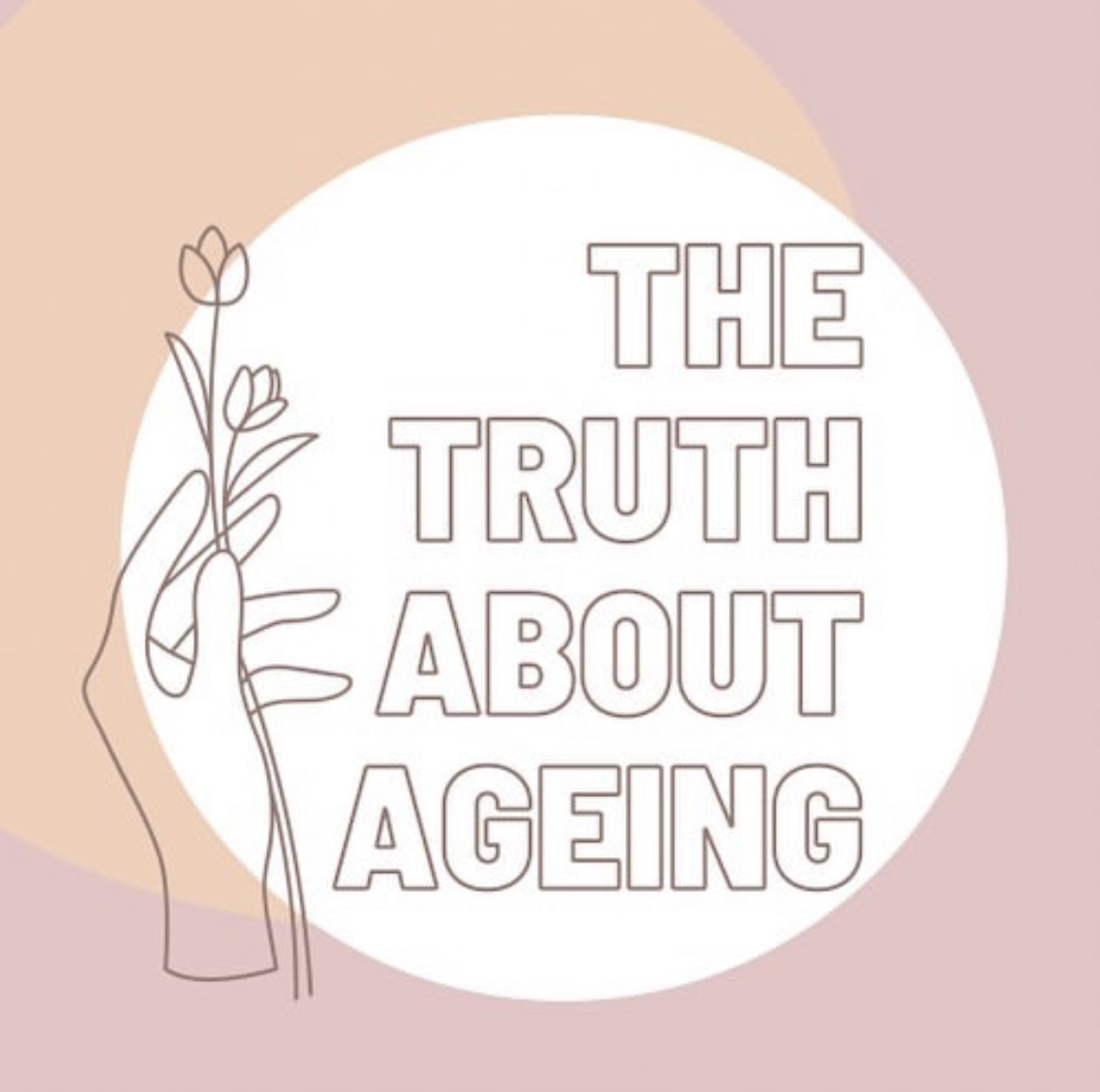Dignity of Risk - February Newsletter
- Kate Helmore
- Feb 4, 2024
- 4 min read

Cece and Grandma picking nectarines
Each month I take some time to reflect on recurring themes I see with my clients and my own ageing loved ones, which is then extrapolated into this newsletter. One of the concerns I’ve been hearing a lot lately is from families that don’t feel like their loved ones are making the ‘safest’ or ‘best’ decisions.
Is Mum still safe driving to the shops? Is Grandpa making himself nutritious meals? Should Aunty Greta have a few less glasses of brandy in the evening? Wouldn’t Dad be less stressed if he had someone to care for him?
I often find myself challenging families (and myself!) to consider the importance of independence and autonomy. These are people who have lived full, vibrant, independent lives and have made decisions for themselves every day. At what point do we stop trusting their ability to make the right call? And why do we sometimes assume that we know better?
For this reason, the theme I’ve chosen for February is
‘Dignity of Risk’.
Dignity of risk is another way of saying you have the right to live the life you choose, even if your choices involve some risk. This concept is especially important as our loved one’s age, as it can be easy to adopt a paternalistic attitude of ‘I know what’s best for you’. And whilst this might sometimes feel true, we can inadvertently strip that individual of their autonomy, dismiss lived experience and ultimately leave them feeling disempowered.
Now before anyone freaks out and thinks ‘but they’re not safe and I have to help!!’ – there is always a time and place for more directive support. We’ll work through the nuances of this concept shortly.
Dignity of risk is a balancing act.
Dignity of risk does not mean turning a blind eye and ignoring any dangers to your loved one’s health or wellbeing. Dignity of risk does mean having respectful, supportive conversations – identifying risks and creating plans together.
The general framework outlined by the Aged Care Quality of Safety Commission, is that aged care providers and families should:
1. Make sure you understand the risks to you and others
2. Work with you to manage those risks
3. Respect your decision
So what do these words actually look like in practice?
--------------------------------------------------
Let’s say your loved one is living independently in the community - they’re becoming increasingly frail and have experienced a few ‘near miss’ falls. Their home is quite cluttered and you worry about them tripping on the never-ending list of hazards.
A paternalistic approach might be to say: ‘you’re not safe here anymore. I know what’s best for you, so I’ve arranged removalists to takeaway all unused furniture and have started looking at aged care facilities for you’.
A dignity of risk approach might be to say: ‘Dad, I know you’ve had a few trips recently and I’m feeling worried about you having a serious fall. I know it’s really important for you to stay at home, so I was hoping we could work together to declutter some of the house? I was also thinking we could potentially look into some local exercise classes, so we can work on your strength?’
Now here’s the important part… if Dad says ‘nope’ – that’s okay**.
What you then do is have a supportive, non-judgemental discussion about the potential impact of those risks.
For example, ‘I respect your decision, Dad. It’s your home and you’re allowed to have it set up however you like. As long as you’re aware that if have a serious fall, you could end up in hospital and it might make it hard for you to return home. Ultimately, it’s your call and I’ll support you either way’.
If I were in that situation, I would absolutely still revisit this again in future. I would also try a ‘meet me half-way’ approach and see if they’ll allow you to clear a couple of major hazards.
**The only caveat to this is when we’re working with people living with dementia. When there is a diagnosed cognitive impairment, you may take on a more directive role. These discussions should always still be done in consultation with the individual, but especially where Substitute Decision Makers have come into play, it is then your responsibility to prioritise their safety.
--------------------------------------------------
Dignity of risk plays out every day when caring for ageing loved ones. Are they safe catching the bus to the shops? Are they able to maintain the garden without falling over? Are they remembering to take medications on time?
When I hear concerns expressed from loved ones or when I feel my own concerns arise for the ageing individuals in my life, I make an effort to pause, reflect on the ‘Dignity of Risk’ framework and then work through a solution together.
I’ll be unpacking these themes further in my February podcast episodes which will be dropping on the 14th and 28th of February. The podcast is called ‘The Truth About Ageing’ and can be found in your favourite podcast app (Apple Podcasts, Spotify) or at www.navigateagedcare.com.au/podcast
I’ll also be posting regular updates on socials, which you can find at:
Facebook - @navigateagedcareau
Instagram - @thetruthaboutageing
Big love,
Kate.
--------------------------------------------------
If you’d like to chat about your unique situation and gain a better understanding of options available to you, please book a free 15 minute consult via the ‘Book Now’ button below.




Comments